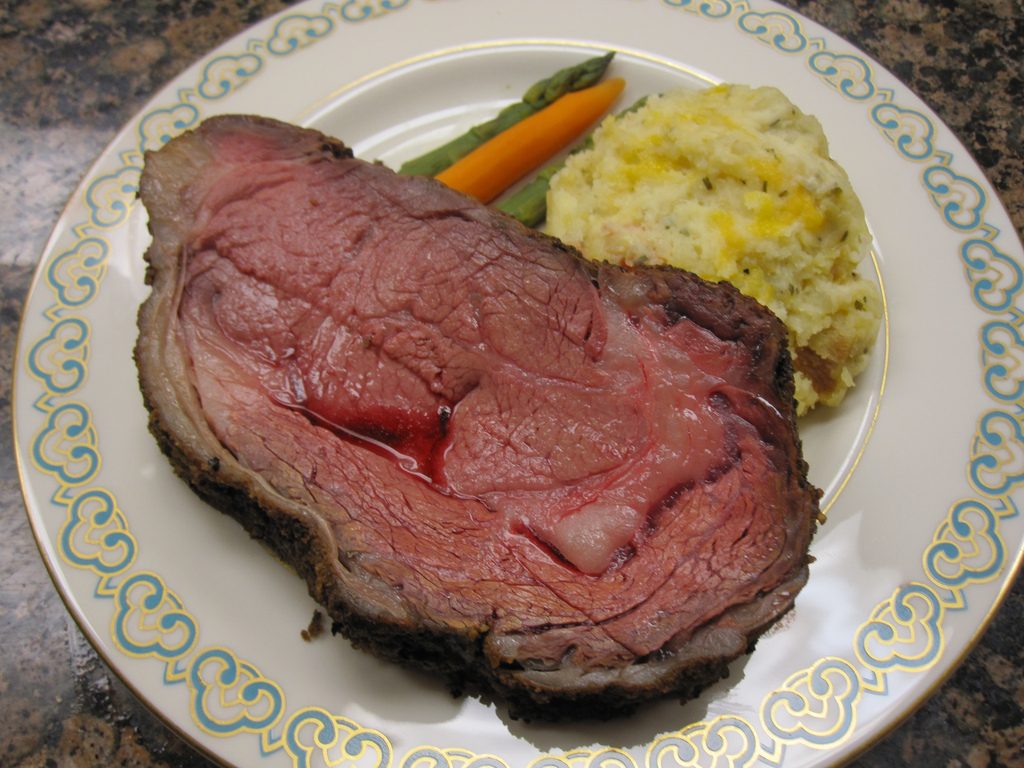Decline in meat consumption could harm human health, scientist says

Image: College of Agriculture and Life Sciences
U.S. consumers are consuming about 14 percent less meat than a decade ago and a Texas A&M animal scientist warns the effects could harm both human health and child development.
Guoyao Wu, Distinguished Professor in the Department of Animal Science, College of Agriculture and Life Sciences, and a Texas A&M AgriLife Faculty Fellow, said consumers are overwhelmed with misinformation about protein and fats in meats, which in turn has led many to eat less meat – or no meat at all.
“Obesity rates have gone up the last 20 years, while consumption of meat has declined,” Wu said. “So I don’t believe that we can blame obesity on eating meat. Rather I think excessive portion sizes and lack of exercise are more likely the causes of obesity.”
In a paper published recently in the American Society of Animal Science, Wu and his co-authors examine the composition of amino acids in certain cuts of beef. According to the paper, meat consumption helps build muscle protein and ameliorates muscle loss in the elderly.
Wu said animal meat offers many beneficial antioxidants, such as taurine and carnosine, “which are extremely important to protect the gut, skin, heart, eyes, and other organs. Plants do not provide these antioxidants.”
“People on a vegan diet tend to forget how important high-quality protein is to human growth and health,” Wu said. “If you look at the population of some Asian countries, most males are short and the children are stunted. Twenty years ago, one-third of the children were stunted. Now, less than 10 percent are stunted because of increased consumption of animal-source protein in their diets.”
In the journal article, Wu stresses that antioxidants found in meat are “essential for children and conditionally essential for adults to maintain retinal and cardiac functions.”
In adult humans, there is a degenerative loss of skeletal muscle mass at the rate of 0.5 to 1 percent per year after the age of 50 years. The vegan diet results in a greater loss of skeletal muscle than the diet containing both plant-and animal-source proteins in an appropriate ratio, Wu said.
“In the U.S., there is ample supply of meat and protein,” he said. “Without including any meat from animals or any animal-source protein in your diet, it definitely leads to skeletal muscle loss. We must do something to stop this trend.”

